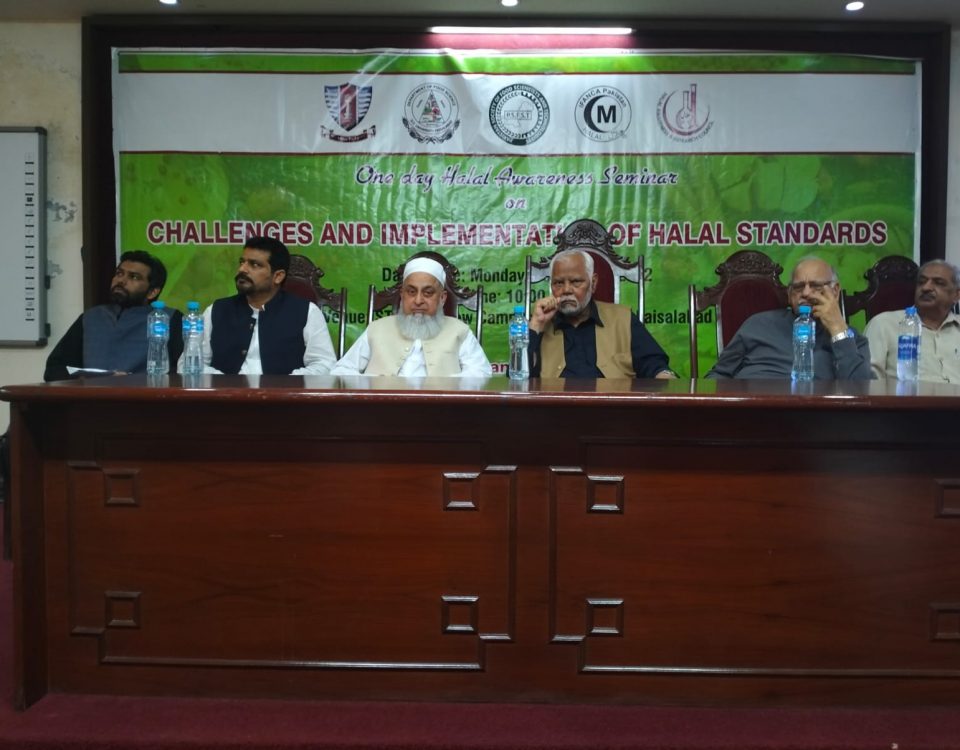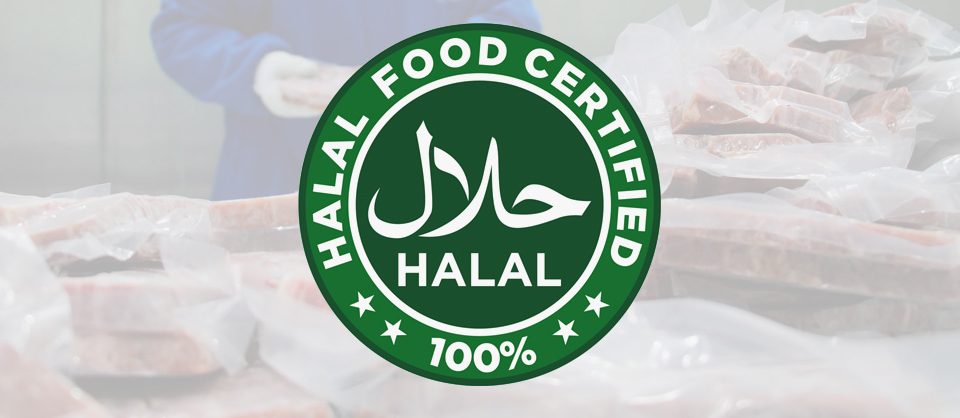Halal Certification Service Pakistan

What is Halal Certification Services
September 1, 2022
AB Mauri Halal Certification Audit on 18-08-2022
September 10, 2022Halal Certification Service Pakistan
Generally known to by its acronym PNAC, the Pakistan National Accreditation Council is the government institution in Pakistan tasked with implementing the regulations that regulate the halal certification process. Halal certification must be performed in conformity with Islamic law, which is why these guidelines were developed. Specific criteria have been developed to ensure that halal certification is carried out in accordance with Islamic law. The procedure by which a product is evaluated for its conformity with Islamic law is grounded on these key ideas.
The Emirates Authority for Standardization and Metrology (ESMA) is the government agency in the United Arab Emirates (UAE) responsible for vetting products for compliance with halal standards. The Emirates Securities and Commodities Authority (ESMA) is in charge of vetting all products supplied in the UAE to guarantee that they adhere to the halal standards. In order to ensure that only halal food and other items are sold in the country, ESMA is in charge of regulating the market. To ensure that only halal food and other commodities are for sale in the UAE, the Emirates Securities and Markets Authority (ESMA) is responsible for keeping an eye on the market. As part of a recent expansion of the United States federal government’s system for certifying halal slaughterhouses and products, a new designation known as the Halal National Mark has been created. [For Instance:] Specifically, [here’s an example:] Here’s an example: [Case This seems to have been an expansion of the programme, for which the reason has been provided.
As a Halal Certification Body recognised by the GCC Accreditation Center and registered with the Emirates Authority for standards and metrology, the firm is authorised to provide conformity assessment services and certify halal products bound for GCC member nations. Furthermore, the company has been granted permission to certify goods for export to GCC nations as halal. Since the Company is an ESMA-approved third party, it may provide services related to verifying the Halal status of products that have already been labelled as such. Due to this approval, the Company may now verify the Halal certification of products.
The Halal National Mark
- Marks of Conformity are awarded to animal slaughterhouses and the goods they produce if they can prove that they meet the standards set out in the United Arab Emirates Regulations for Halal Products. This includes both the facilities where animals are slaughtered and the goods they generate. This applies not just to the facilities where the animals are killed, but also to the products such businesses sell.
- The Federal Government’s Electronic Supply Chain Management Agency (ESMA) has authorised a certain mark for use on products as evidence of compliance and certification. The following phrase contains this punctuation mark: There is a chance that the product’s packaging will include the disputed mark. The period of time during which the Halal National Mark may be used is equal to three years counting backwards from the date on which permission to use the mark was granted.
The Halal Certificate of Conformity
- The Halal Certificate is only valid for three years from the day it was issued, and only for the animal slaughterhouses and products listed on the certificate. It makes no difference whether or not the certification was really granted. It doesn’t matter whether the certification was ever acquired in the first place since this is always the case.
- Application for renewal must be submitted at least one month before the expiration date of the certificate to guarantee timely processing.
- The number of certified items may be expanded, but only if the new products fit into the same category as the existing products on the list, are produced on the same assembly line, and fulfil the same standards in terms of their technical characteristics. However, adding more products to the list of certified goods is only possible if such products fall under the same category as those already included on the list. It is conceivable to expand the scope of certified items, but only if doing so does not compromise existing standards.





